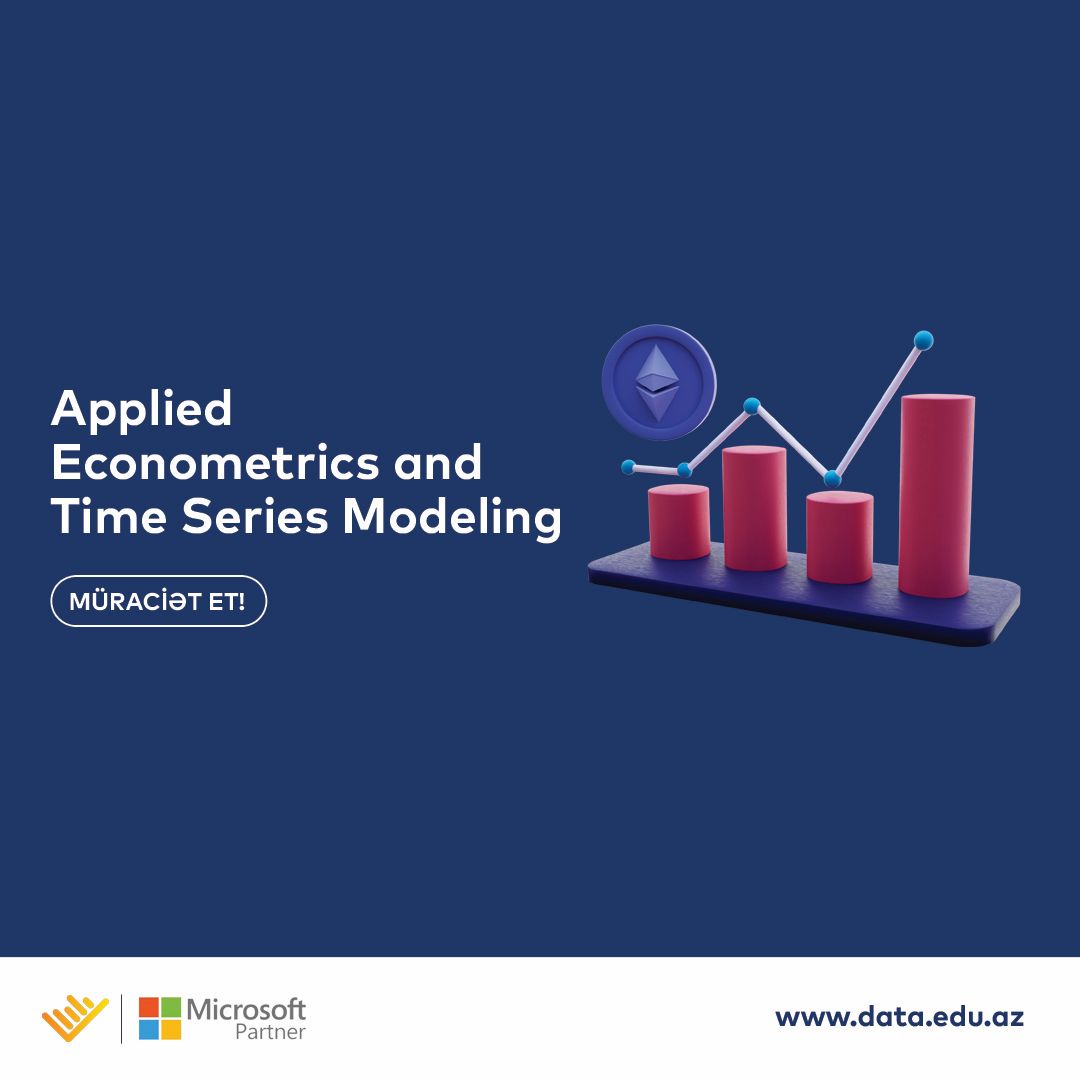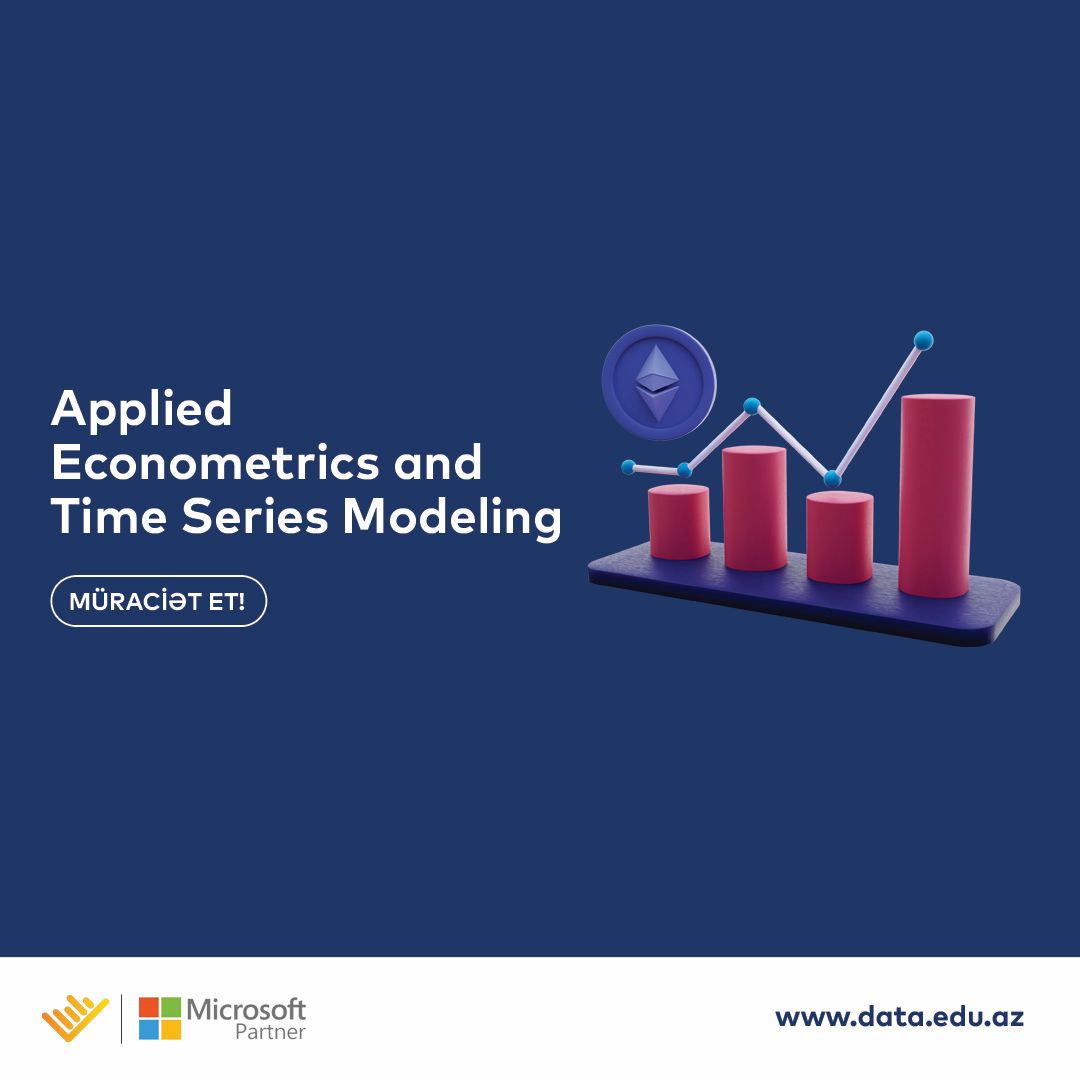Lesson 1:
Installing Python & Environment Setup
- Introduction to Anaconda installation and package management.
- Overview of Jupyter and Spyder notebooks.
- Basic Python syntax, variables, data types, strings, arithmetic operations, indexing, slicing, and formatting.
Lesson 2:
Lists, Tuples, Dictionaries & Functions
- Introduction to Python collections (lists, tuples, and dictionaries).
- Simple and nested functions.
Lesson 3:
Control Flow & Loops
- Conditional statements (if, elif, else) and nested conditions.
- Iterative loops (for, while) and control statements.
- Practical exercises for logic implementation.
Lesson 4:
Python Libraries – Numpy, Pandas, Matplotlib
- Overview of essential Python libraries for data manipulation and visualization.
- Introduction to array operations, dataframes, plotting, and exploratory data analysis.
Lesson 5:
Python Practice Session
- Practical exercises consolidating previous lessons.
- Application of array, dataframe, and basic programming tasks.
Lesson 6:
Nature of Econometrics & Economic Data
- Structure of economic data: cross-sectional, time series, pooled cross sections, and panel data.
- Understanding causality and the ceteris paribus principle in econometric analysis.
Lesson 7:
Feature Engineering & Data Manipulation in Economic Data
- Methods to create, transform, and handle missing values.
- Handling missing data, scaling, and encoding.
Lesson 8:
Simple & Multiple Regression Models
- Ordinary Least Squares (OLS) estimation, assumptions, and interpretation.
- Goodness-of-fit, omitted variable bias, multicollinearity, and computing p-values.
Lesson 9:
Hypothesis Testing in Regression Analysis
- Performing t-tests and F-tests in regression.
- Understanding significance, hypothesis formulation, and confidence intervals.
Lesson 10:
Practical Regression Exercises
- Portfolio size prediction using regression models.
- Hands-on model building and interpretation of results.
Lesson 11:
Time Series Analysis Fundamentals
- Introduction to stationary and non-stationary time series.
- Working with dummy variables, index numbers, and trend models.
- Time series decomposition into trend, seasonality, and random components.
Lesson 12:
Further Issues in Time Series
- Stationarity tests, high series-frequency data.
- Serial correlation tests.
Lesson 13:
Practical Time Series Exercise
- Applying stationarity and serial correlation tests.
- Prediction of default rates in a banking context.
Lesson 14:
Univariate Time Series Analysis
- ARIMA modeling, residual analysis, and forecasting.
- Identifying trends and seasonality components.
Lesson 15:
Univariate Time Series Analysis (continued)
- ARIMA modeling, residual analysis, and forecasting.
- Identifying trends and seasonality components.
Lesson 16:
Advanced ARIMA Applications
- Continued focus on ARIMA model implementation and forecast evaluation techniques.
Lesson 17:
Practical Time Series Exercise
- Exchange rate prediction using ARIMA models.
- Hands-on forecasting and validation.
Lesson 18:
SARIMA, ARCH, GARCH Models
- Modeling seasonal and volatility components in economic time series.
- Understanding conditional heteroskedasticity and generalized ARCH models.
Lesson 19:
Application Practice
- Implementing SARIMA, ARCH, and GARCH models on real economic and financial datasets.
Lesson 20:
VAR Models & Residual Analysis
- Introduction to Vector Autoregression (VAR) modeling, residual diagnostics, and forecasting.
Lesson 21:
VAR – Granger Causality & Impulse Response
- Including Granger causality tests and impulse response function analysis.
- Practical VAR Exercise: hands-on application of VAR models to multivariate economic datasets.
Lesson 22:
Vector Error Correction Models (VECM)
- Engle–Granger approach for co-integrated time series.
- Modeling long-term relationships between economic variables.
Lesson 23:
VECM Application
- Practical implementation of VECM with real macroeconomic datasets.
Lesson 24:
Stress Test Model Building
- Construction of stress test models in financial risk management.
- Hands-on stress testing exercises and model evaluation sessions.


